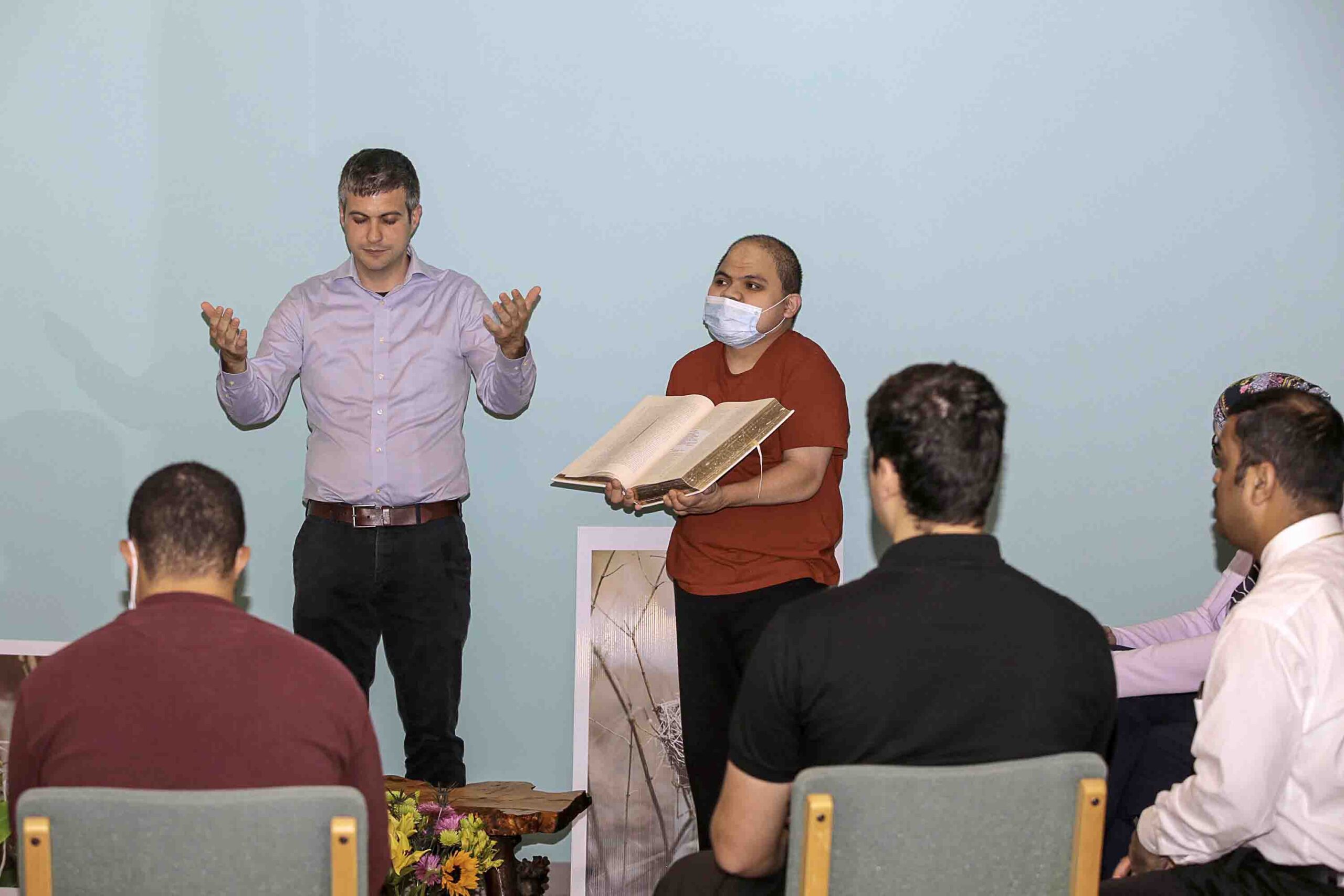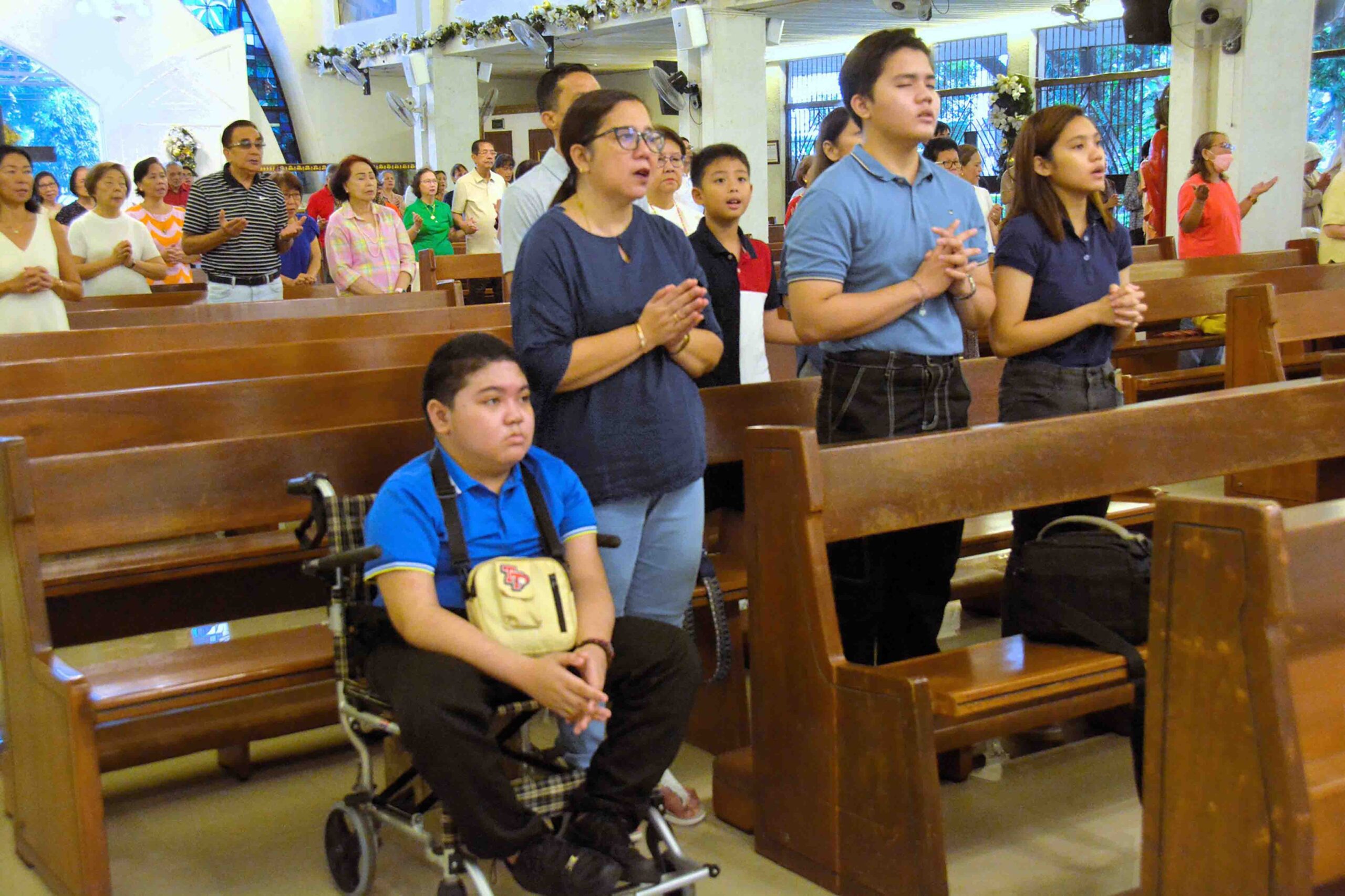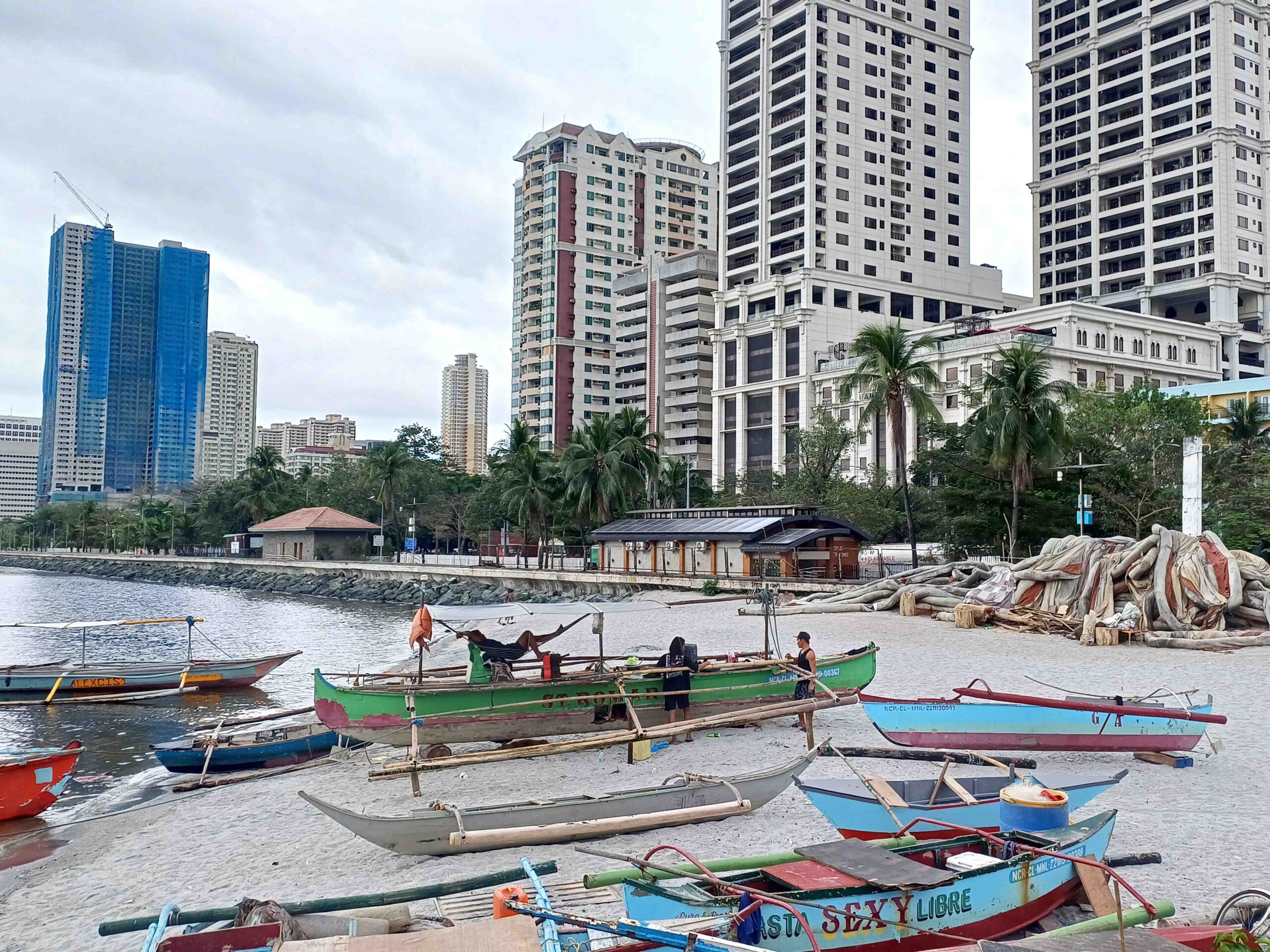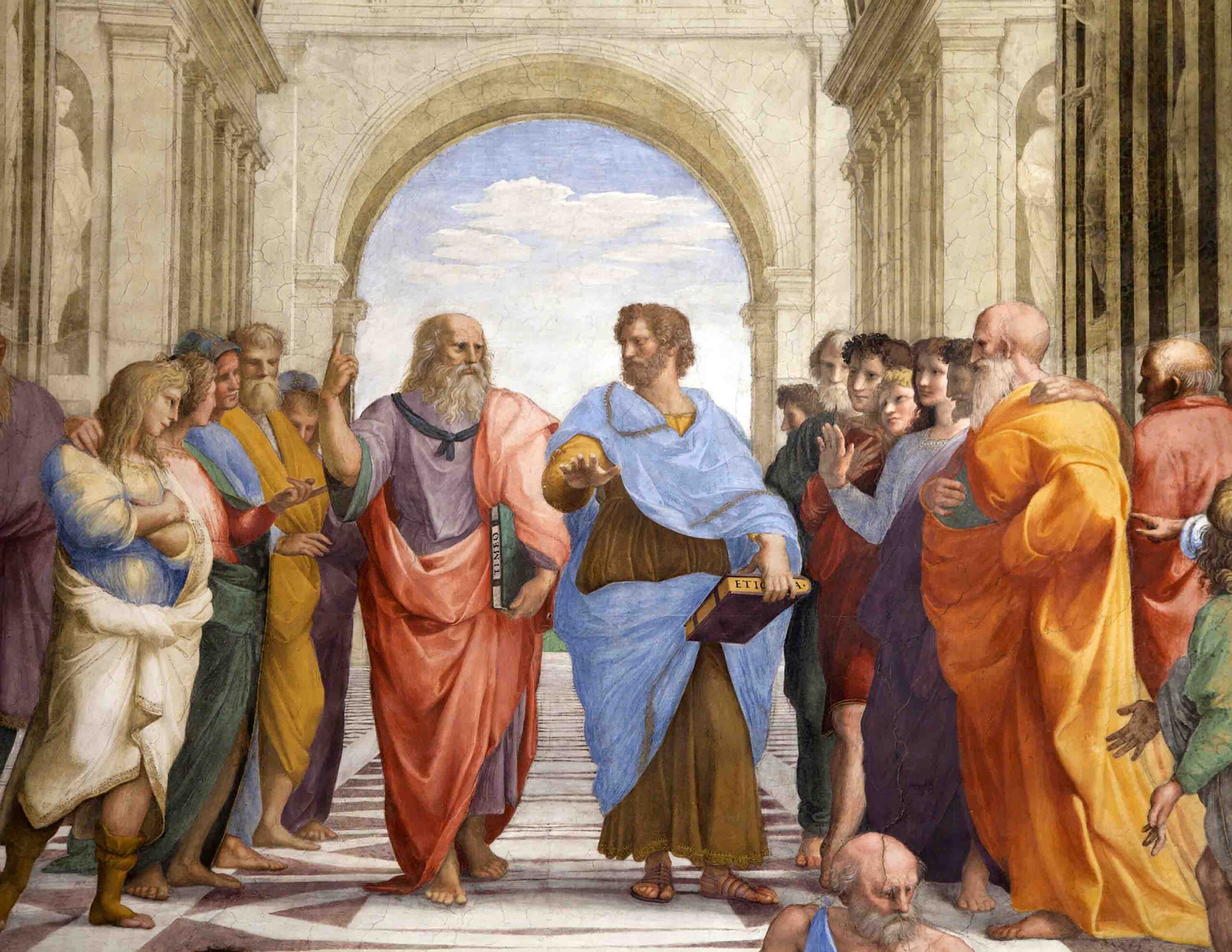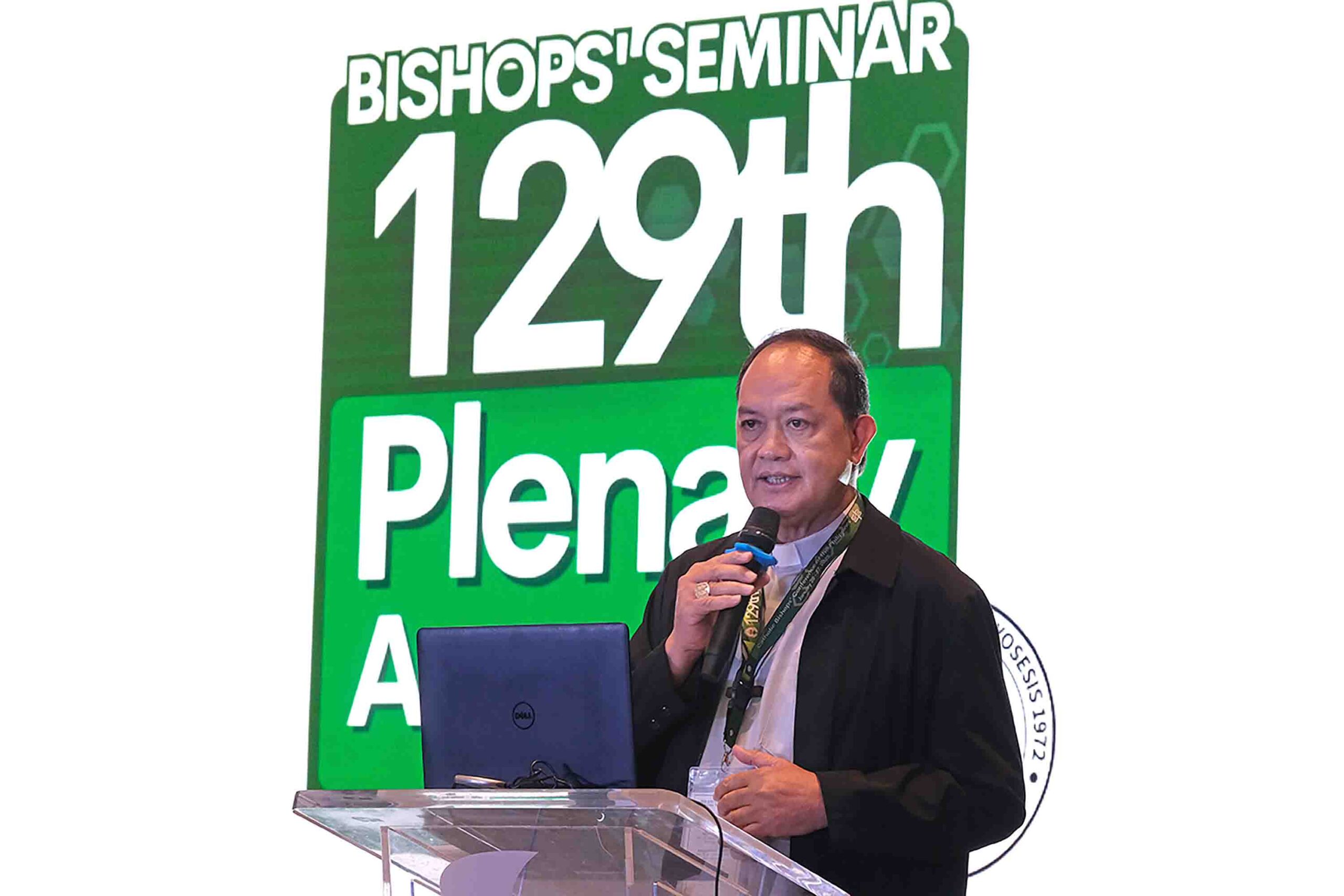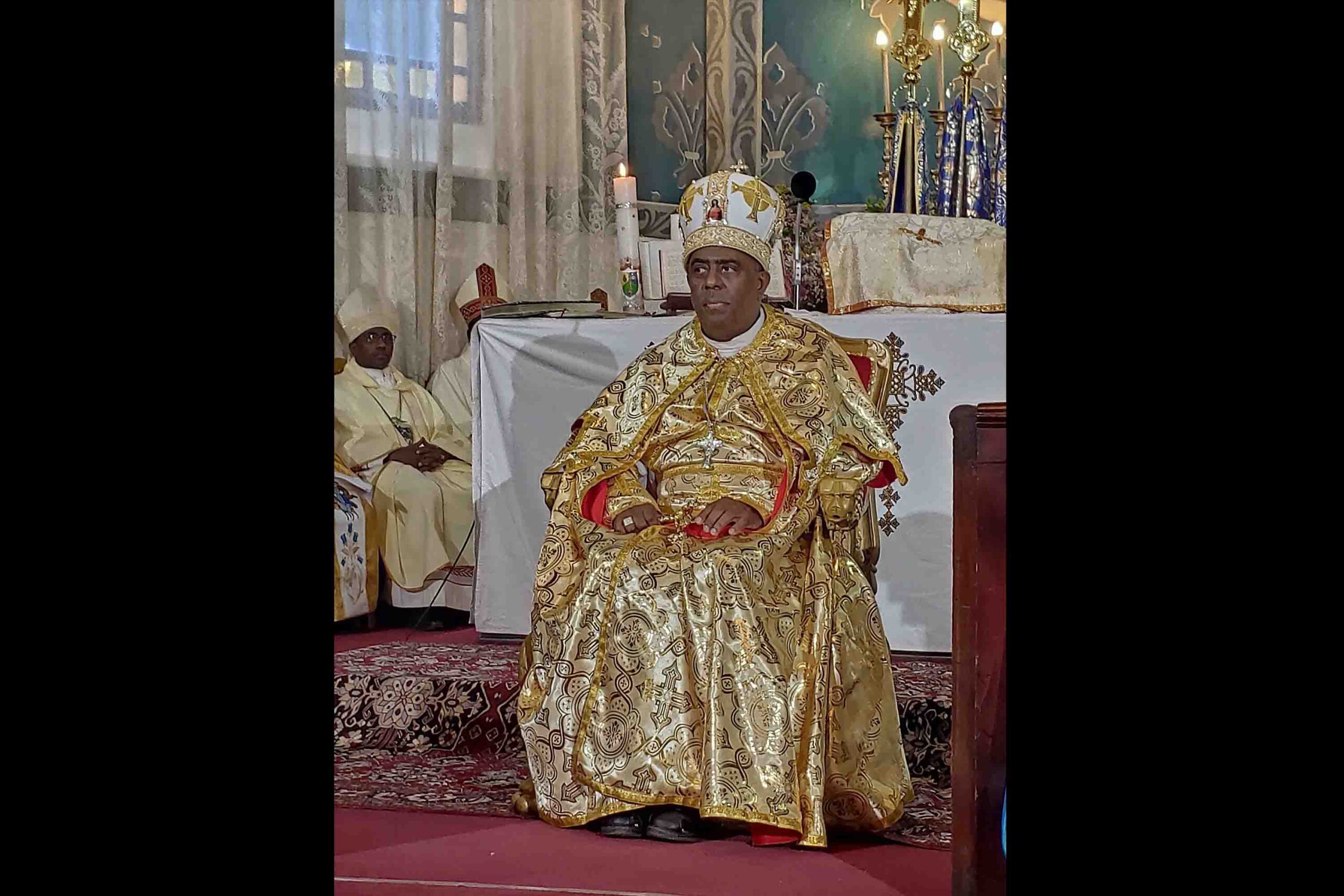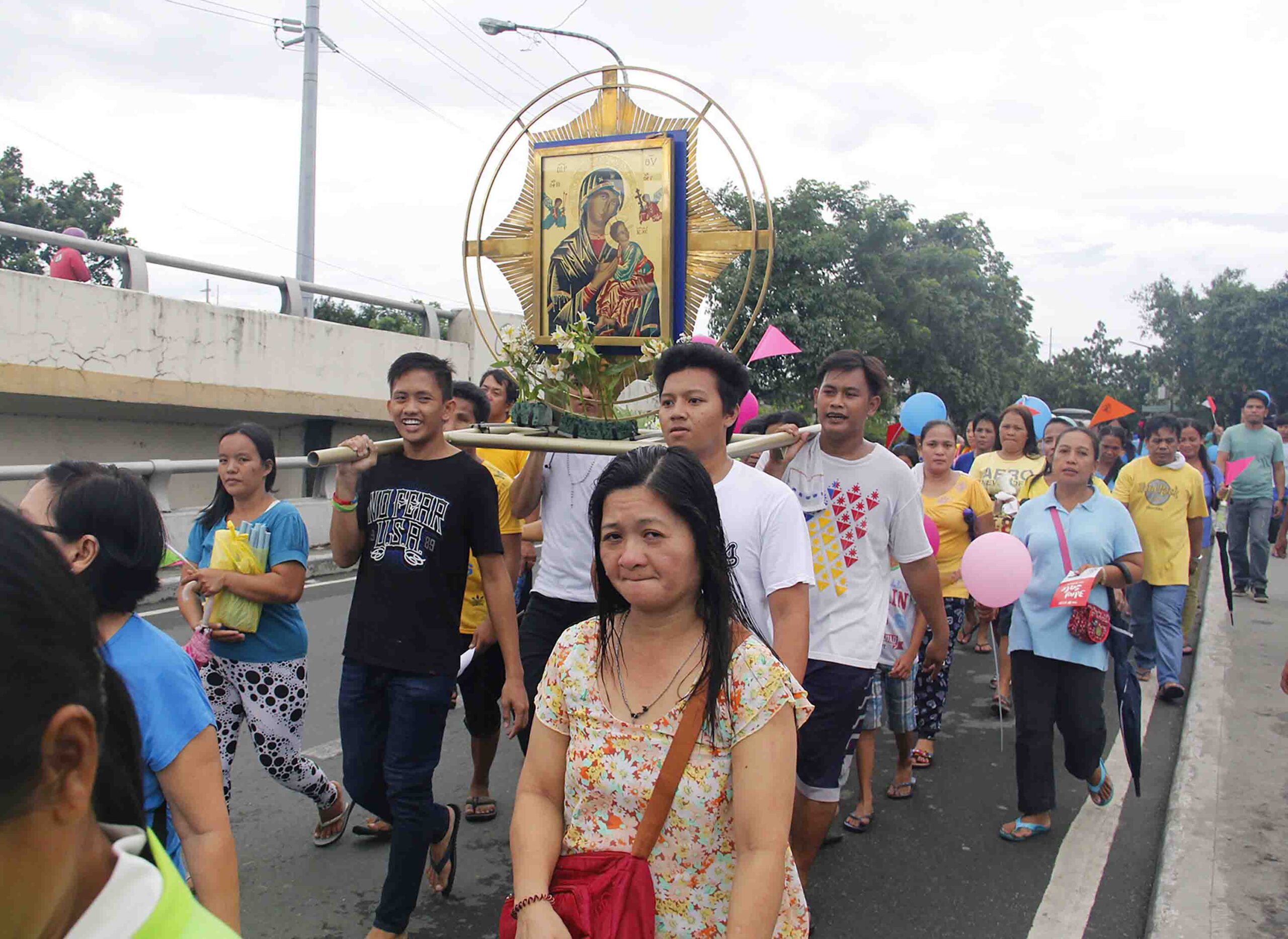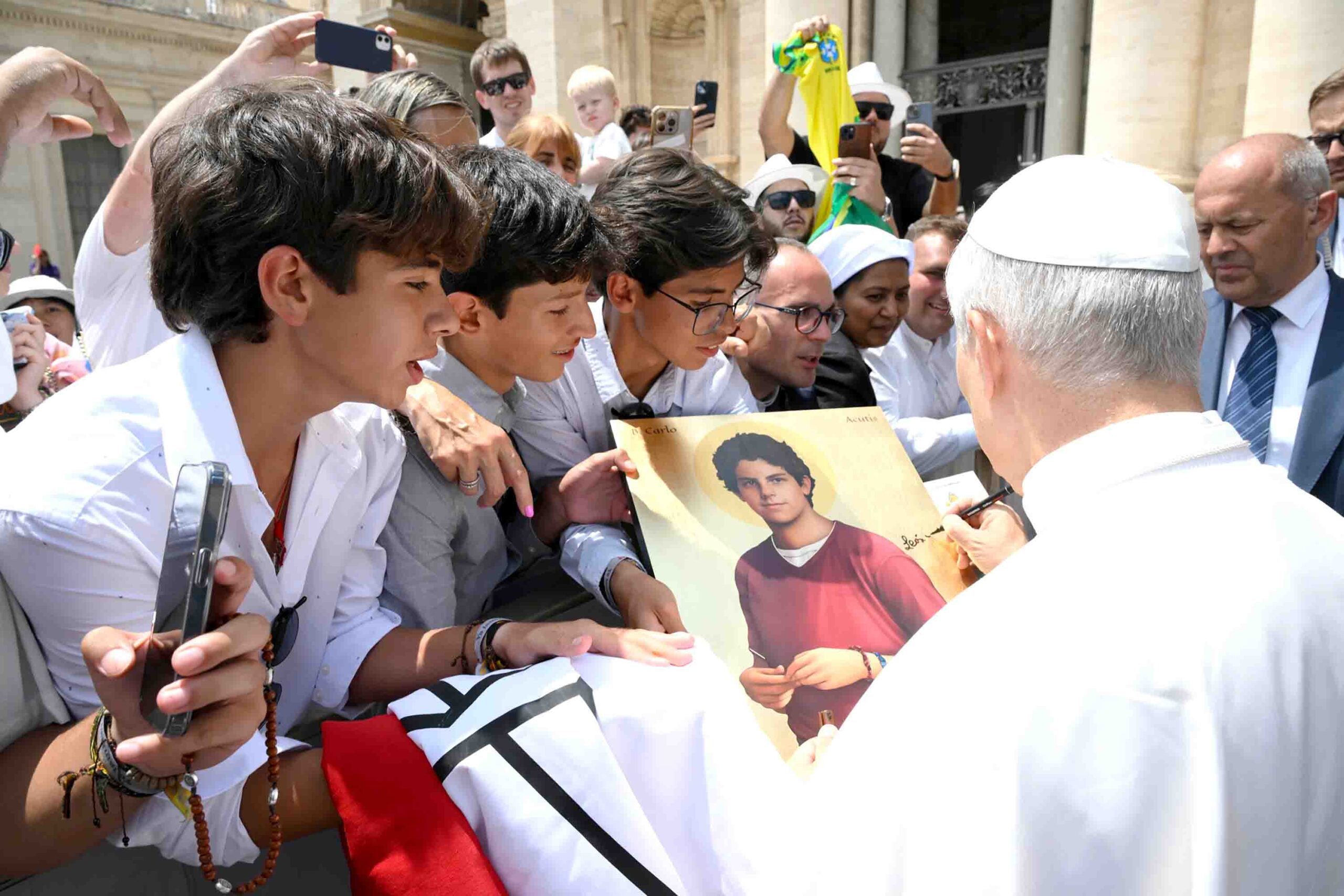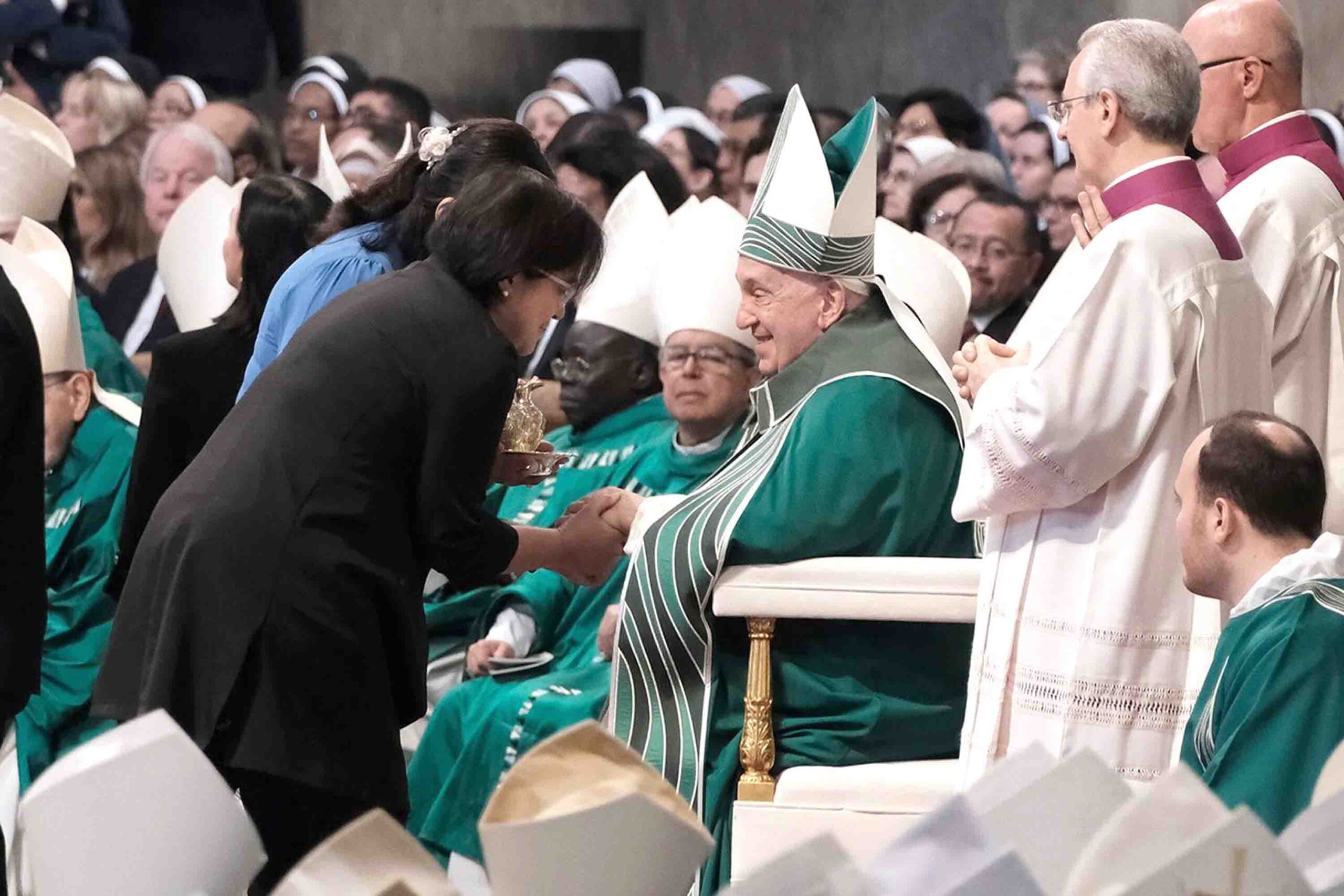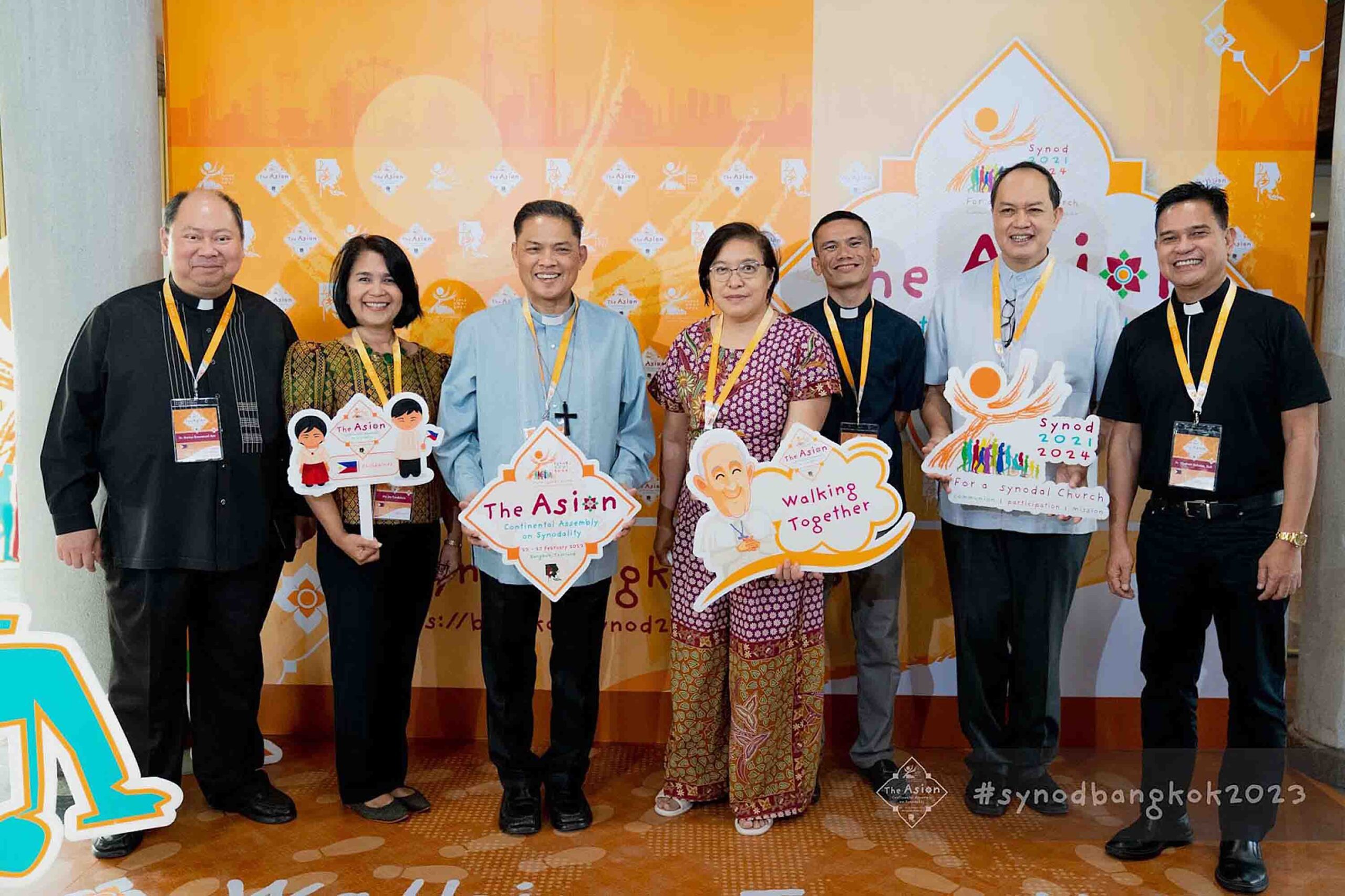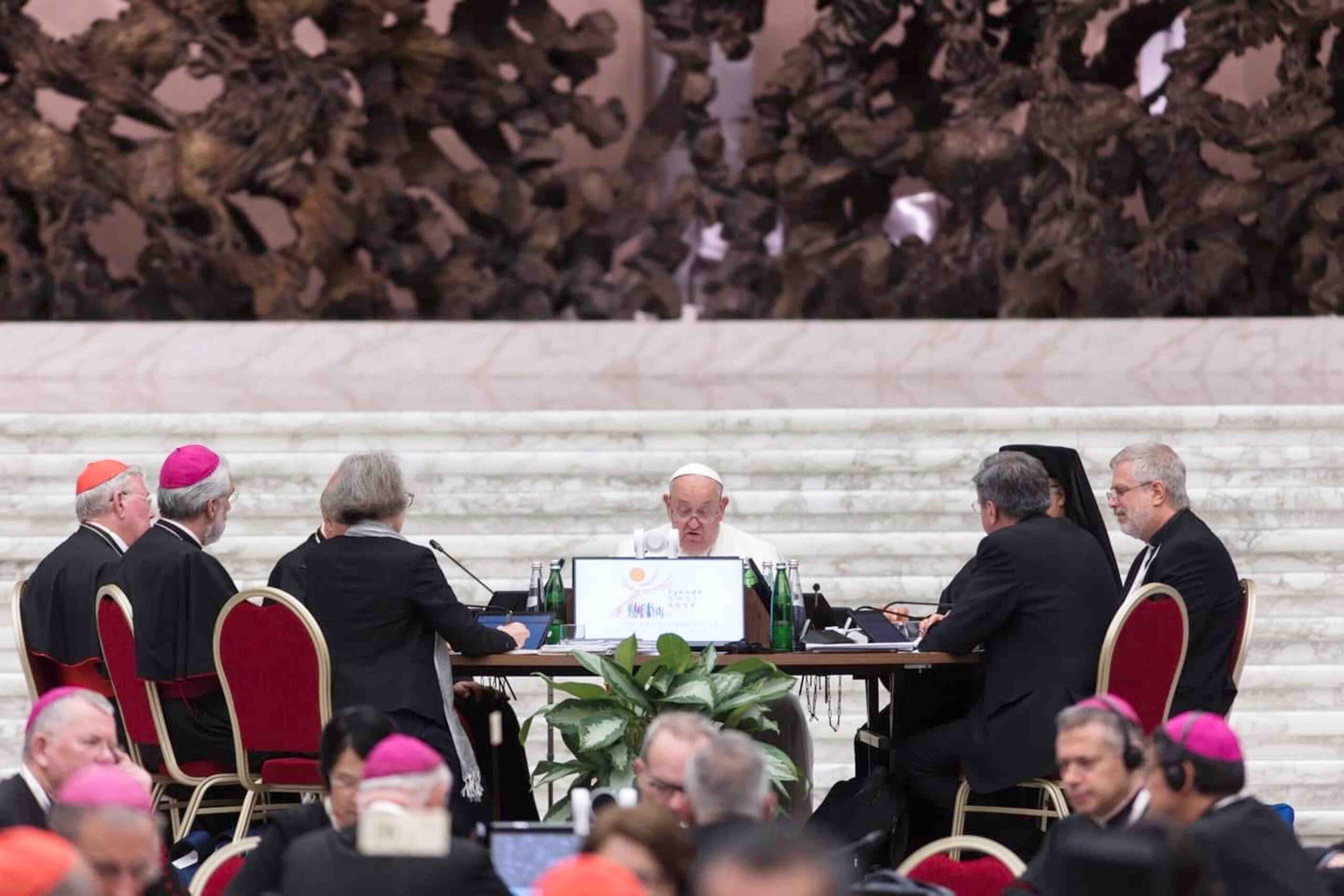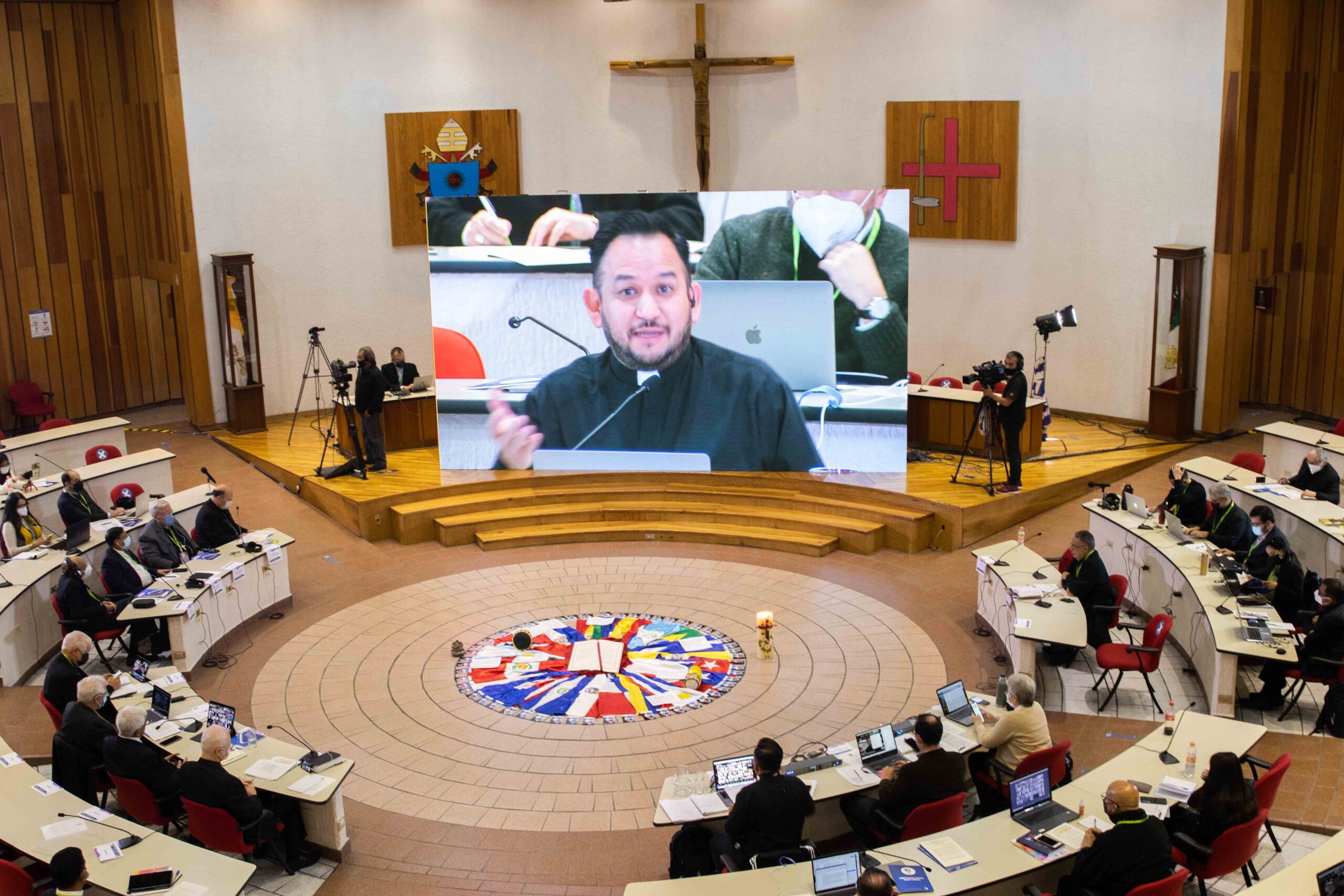Pope Francis is an active-contemplative religious, like all Jesuits. He reads the past and present realities in their intrinsic dynamism in the light of the Gospel and contemplates them. He listens to both good news and bad news when some leaders choose to lend their ears only to good news. The Jesuit pontiff seems to have learned from his predecessor, St. Paul VI, who suggested seeing a ray of faith and hope in every human activity, even the bad ones.
Pope Francis published an autobiography entitled “Hope” and chose “Pilgrims of Hope” as the theme for Jubilee 2025. Based on his personal discernment, he tells us that with God, there is hope amidst the uncertainties and chaos in the world.
JESUIT SPIRITUALITY
Francis being the first Jesuit pontiff is a big deal for the papacy and, as the Jesuit author Brian Reedy used to say, “To understand Pope Francis, you have to understand the Jesuits.”
Reedy notes that the founder of the Society of Jesus, in his time, put discernment at the heart of Spiritual Exercises, and therefore at the heart of Ignatian-Jesuit spirituality. Of course, discernment as a dynamic search to understand God’s will is not a workable tool of spirituality created only in the 16th century by St. Ignatius of Loyola. It is part of a prayer process that was developed by the early Church fathers.
In the context of the Ignatian tradition, the Spiritual Exercises were developed as a method to find the voice of God speaking to us in the events and realities of our lives. It is a lifelong process of evaluating what is not obvious–God’s will, for instance. Like all contemplatives, Jesuits are trained to find God in all things rather than see reality as being divided between the good and the bad, the beautiful and the ugly, between the secular and the sacred.
Accordingly, His Holiness makes it very clear that the Church must include everyone in the synodal journey of listening, ecclesial discernment, decision-making, and walking together because God is present in the life of every person, including the unbeliever, the lost, or the none.
ECCLESIAL DISCERNMENT
The Christian duty to scrutinize the signs of the times adequately, officium perscrutandi, is completed by prayerful discernment and interpretation. This is done at the ecclesial-community level.
Vatican Council II teaches us to proceed to the second step, ecclesial discernment, or et sub Evangelii luce interpretandi (Gaudium et Spes, 4). This gives the Christian community a clearer pastoral “guidepost and directive for action.”
The Synod on Synodality affirms that ecclesial discernment draws on the sensus fidei bestowed upon all the baptized by the Spirit. The Final Document (FD) says that this method, which allows adaptation to different contexts and cultures, draws on all the gifts of wisdom that the Lord bestows upon every baptized Christian.
For good reason, synodality promotes the broadest participation possible in the discernment process. In its synodal experiences from 2021 to 2024, the Church discovered that the more everyone was heard, the greater the ecclesial discernment.
In a parish, diocese, or religious community, ecclesial discernment entails everyone’s contribution. The communal process is actually a two-way traffic: Each is called to share–one opens himself or herself to others freely, no-holds-barred, sincerely, and respectfully–and listens to others’ voices. Together, they seek to recognize “what the Spirit is saying to the churches” (Revelation, 2:7).
ELEMENTS OF DISCERNMENT
Listening to the Word of God is the starting point of every ecclesial discernment (FD, 83). The Scriptures testify that God has spoken to His People to the point of giving us in Jesus the fullness of all Revelation (Dei Verbum, 2).
To achieve wider participation, effective means of dissemination and explanation of the process must be in place. The facilitators must clearly state the objectives, armed with a commitment to pursue the common good. Sufficient time must be provided for prayerful preparation and deeper reflection on the issues.
During each session, more time should be spent listening attentively and respectfully to others’ voices. This is done to search for the widest possible consensus. Only then can the facilitators formulate a consensus narrative that is owned by participants, who, individually, can say, “I recognize myself in this narrative!” (FD, 84).
Truly, more than an individual discernment, ecclesial discernment, although harder to achieve, is an essential part of synodality and in building up a missionary Church.
José Mario Bautista Maximiano is the lead convenor of the Love Our Pope Movement (LOPM) and author of the book Church Reforms 3: The Synodal Legacy of Pope Francis (Claretian, 2025). Church Reforms 1 and Church Reforms 2 are available on Lazada and Shopee. Email: jomaximiano@gmail.com




